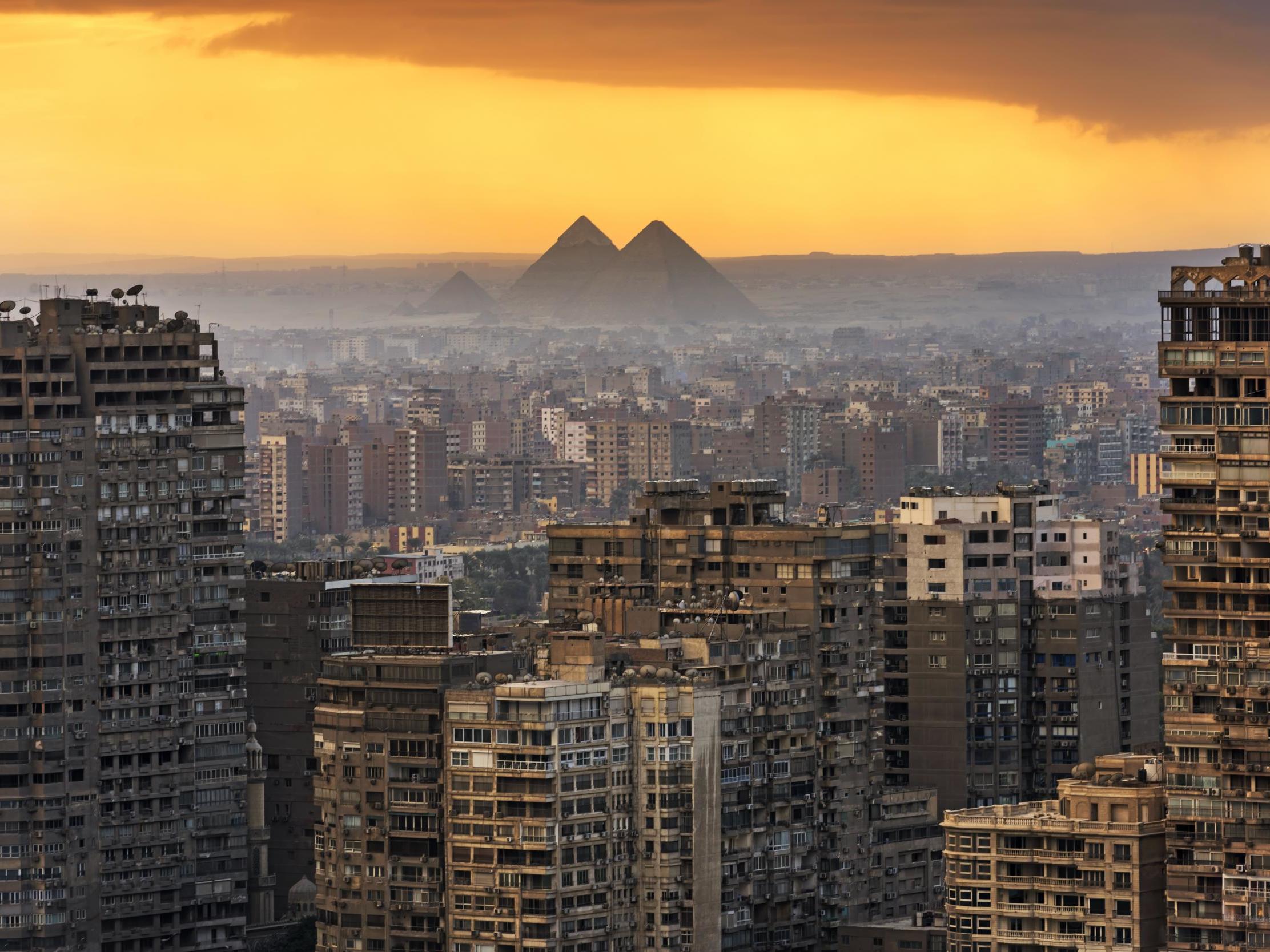What not to do in Egypt as a tourist
No street drinking, drones or PDAs: staying safe in Egypt

Your support helps us to tell the story
From reproductive rights to climate change to Big Tech, The Independent is on the ground when the story is developing. Whether it's investigating the financials of Elon Musk's pro-Trump PAC or producing our latest documentary, 'The A Word', which shines a light on the American women fighting for reproductive rights, we know how important it is to parse out the facts from the messaging.
At such a critical moment in US history, we need reporters on the ground. Your donation allows us to keep sending journalists to speak to both sides of the story.
The Independent is trusted by Americans across the entire political spectrum. And unlike many other quality news outlets, we choose not to lock Americans out of our reporting and analysis with paywalls. We believe quality journalism should be available to everyone, paid for by those who can afford it.
Your support makes all the difference.Holidaymakers are gradually returning to Egypt after a seven-year slump that began with 2011’s revolution, its subsequent political unrest and the bombing of a Russian aeroplane in 2015 that led to the death of 200 tourists.
However, the Foreign and Commonwealth Office have warned travellers to the country that they may face difficulties for criticising the government, adding that comments on social media could result in a prison sentence.
So, before jetting off to the gift of the Nile, here are some things to consider.
Dress appropriately
Egypt is an Islamic country and modest dress is expected, particularly in rural areas, mosques, souqs (markets) and during the holy month of Ramadan. Women’s clothes should cover the legs and upper arms and men should keep their chests covered.
Chill on the PDA front
Public displays of affection are frowned upon, so save any amour time for the privacy of your hotel room. While things may be more relaxed in tourist resorts, it’s good to be mindful of local customs and traditions.
Keep political proclamations to a minimum
Publicising strongly negative opinions about Egypt or making political comments, including about the President or security forces, can cause trouble with the authorities. In some cases, derogatory comments on social media have led to custodial sentences.
Save the boozing for the bar
Drinking alcohol in the street and anywhere other than a licensed restaurant or bar is not allowed and can lead to arrest.
LGBT? Be careful who you tell
Although same-sex sexual activity is not explicitly criminalised in Egypt, the charge of “debauchery” has been used to prosecute LGBT people. The flying of a rainbow flag at a concert in September 2017 led to the arrest of at least 66 individuals on debauchery charges. There is little public acceptance of LGBT identities in Egypt. Public expressions and/or public displays of affection between same-sex couples are likely to attract a high degree of unwelcome attention.
Just say no
The possession, use or trafficking in illegal drugs is a serious offence and can, even for small amounts, lead to lengthy prison sentences (25 years), life imprisonment or the death penalty. Those sentenced to life imprisonment on drugs charges will normally spend the rest of their life in prison with no possibility of parole or pardon. Khat is illegal in Egypt.
Think before you snap
Photography of, or near, military official installations is strictly prohibited - this includes the Suez Canal. Don’t photograph officials without their consent. There are sensitivities about taking photographs of public buildings or infrastructure. British nationals have been arrested for photographing electricity stations, train stations and bridges. If you’re adamant about capturing the perfect shot for the ‘gram, seek permission first.
Leave the drone at home
It goes without saying that radio controlled helicopters or drones should not be used – the import of drones is banned, unless you have prior authorisation from the Egyptian Ministry of Defence. Those discovered using, manufacturing or importing drones without the appropriate authorisation face a prison term ranging from one to seven years and/or a fine ranging from will be punished by prison terms ranging from one to 7 years and/or fines of up to £2,000.
Join our commenting forum
Join thought-provoking conversations, follow other Independent readers and see their replies
Comments